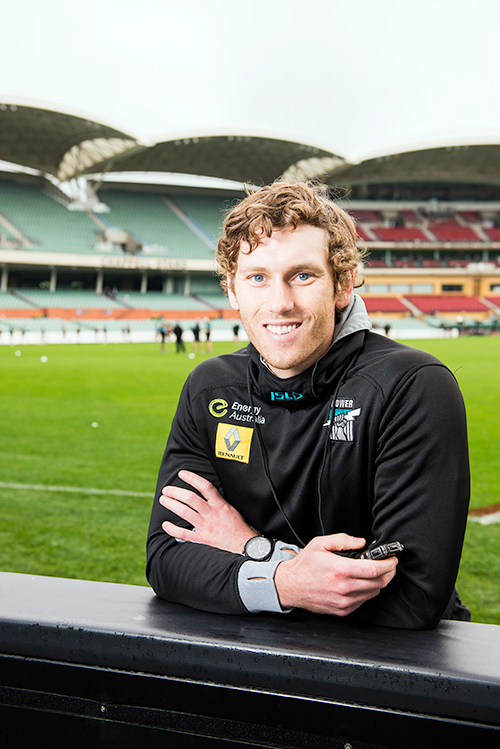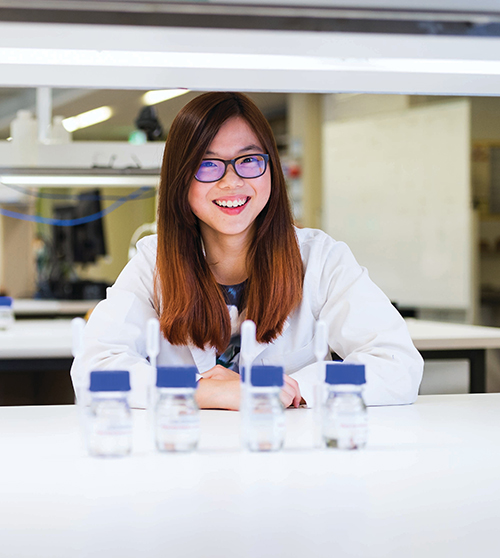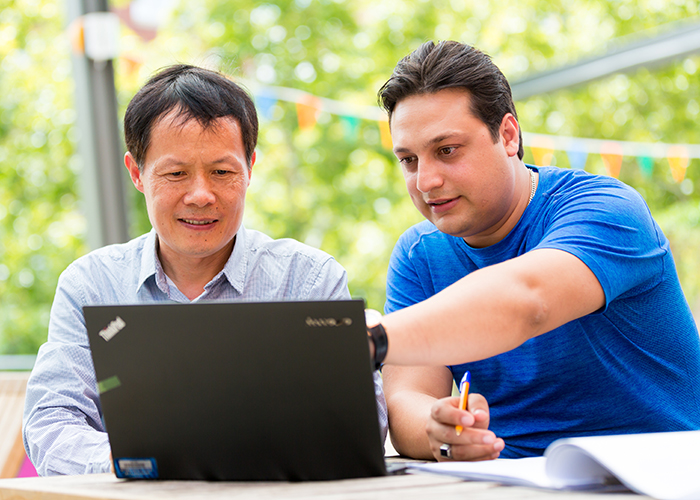Engaged PhD - Program Stage Information
| Site: | learnonline |
| Course: | The Engaged PhD |
| Book: | Engaged PhD - Program Stage Information |
| Printed by: | Guest user |
| Date: | Friday, 26 December 2025, 4:29 PM |
Description
Engaged PhD Program Stage Information
Introduction
 To complete the Engaged PhD program students participate in:
To complete the Engaged PhD program students participate in:
- an Engaged PhD induction process (Stage 1)
- 6 compulsory skill development topics (Stage 1)
- 2 pathway specific courses/workshops/MOOCs, (Stage 2)
- tailored mentoring designed to support students through the Engaged PhD Program and the contemplation of future careers (Stage 2)
- a work experience or community engagement activity (Stage 3); and
- the development of a work portfolio (Stage 3).
Not sure where to start? The 'to-do' list and resource guide will step you through the various activities you will need to complete to become a Engaged PhD graduate! Its a good idea to print this out and attach it to somewhere you will see it so you will be able to monitor your progress as you go. You can download the to-do and resource list here.
Don't forget to record your Engaged PhD experience: It is recommended that students track their activity of their Engaged PhD experience through the Engaged PhD Activity Record. This document can be incorporated into the submitted PhD thesis as evidence of an extended training experience and/or incorporated into a future CV. You can download the activity record here.
Stage 1
 Induction: Within a few months of commencing a PhD in the Division of Health Sciences the students will be invited to participate in an induction comprised of a student networking and program information event to explain the concept, components and purpose of the Engaged PhD program. Students will be provided guidance to enable them to identify a suitable Engaged PhD program pathway that best aligns with their interests and career aspirations.
Induction: Within a few months of commencing a PhD in the Division of Health Sciences the students will be invited to participate in an induction comprised of a student networking and program information event to explain the concept, components and purpose of the Engaged PhD program. Students will be provided guidance to enable them to identify a suitable Engaged PhD program pathway that best aligns with their interests and career aspirations.
Information about the induction process will be emailed to commencing students in each year.
Skill development: Students will attend a number of core skill development workshops and masterclasses. Students can select from a range of activities delivered through the Division of Health Sciences Research Office and the Learning and Teaching Unit. Topics on offer include:
- Communication to different audiences
- Career planning and development
- Effective publishing techniques
- Analytical methodologies
- Project management
- Finding research funding
The first 3 skill development topics will be delivered as workshops by the Learning and Teaching Unit (LTU) as part of UniSA’s Research Education Support Activities (RESA ).
Students need to enrol in one RESA workshop per topic by mid-May of their first year of candidature.
The remaining skill development topics will be delivered as masterclasses given by members of the Division of Health Sciences.
Please note that participation in the RESA 3MT workshop and Division 3MT Heats will count as the 'communication' requirement for Stage 1 of the program.
The timing and student attendance for these masterclasses (if required) will be arranged in advance of the sessions.
Pathway selection: Students will be given guidance to enable them to select a suitable Engaged PhD program pathway that best fits their interests and career aspirations.
Stage 2
 Pathway training: In Stage 2, students will undertake 2 pathway-specific study activities such as courses, workshops, masterclasses, online courses (MOOCs) or LEAP modules.
Pathway training: In Stage 2, students will undertake 2 pathway-specific study activities such as courses, workshops, masterclasses, online courses (MOOCs) or LEAP modules.
Mentoring: Students will also be matched with a mentor from outside their supervisory team and preferably from a different discipline which is designed to support HDR students through the Engaged PhD program and assist them with the development of their future careers.
An external provider has trained 10 mentors to provided 1:1 support for students. Your mentor is an 'interested supporter' rather than a contributor to your PhD supervision. This is a cross-disciplinary relationship building, likely to be working in a different research area to you. The idea is to meet 2-3 times over the next 12 month, with a coffee on the house!
Stage 3
 Pathway experience: During Stage 3, students will participate in a work or community engagement experience and develop a portfolio that demonstrates their acquired skills and experiences relevant to their chosen Engaged PhD program pathway.
Pathway experience: During Stage 3, students will participate in a work or community engagement experience and develop a portfolio that demonstrates their acquired skills and experiences relevant to their chosen Engaged PhD program pathway.
Pathways on offer include:
Portfolio development: Students will develop a portfolio which showcases the skills and experiences they acquire as they move through the program, undertake their chosen Engaged PhD pathway and complete their research higher degree. This can be incorporated into the PhD thesis or into the CV as evidence to
demonstrate the extended training experience.